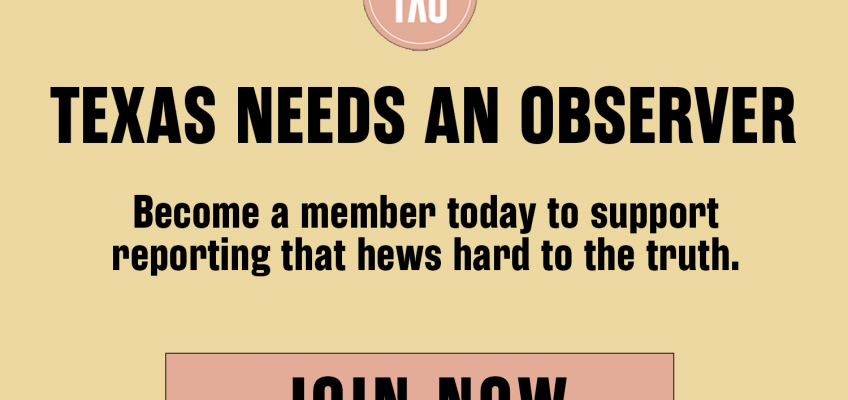By JUSTIN SPIKE and AAMER MADHANI, Associated Press
WASHINGTON (AP) — Ukraine’s leader will meet with President Donald Trump in Washington on Friday at a pivotal moment for his country, one that hinges on whether he can persuade Trump to provide some form of U.S. backing for Ukraine’s security against any future Russian aggression.
During his trip to Washington, President Volodymyr Zelenskyy’s delegation is expected to sign a landmark economic agreement with the U.S. aimed at financing the reconstruction of war-damaged Ukraine, a deal that would closely tie the two countries together for years to come.
Though the deal, which is seen as a step toward ending the three-year war, references the importance of Ukraine’s security, it leaves that to a separate agreement to be discussed between the two leaders — talks that are likely to commence Friday.
Ukrainian President Volodymyr Zelenskyy listens during a news conference at a security summit in Kyiv, Ukraine, Monday, Feb. 24, 2025. (Frank Gunn/The Canadian Press via AP)
As Ukrainian forces hold out against slow but steady advances by Russia’s larger and better-equipped army, leaders in Kyiv have pushed to ensure a potential U.S.-brokered peace plan would include guarantees for the country’s future security.
Many Ukrainians fear that a hastily negotiated peace — especially one that makes too many concessions to Russian demands — would allow Moscow to rearm and consolidate its forces for a future invasion after current hostilities cease.
According to the preliminary economic agreement, seen by The Associated Press, the U.S. and Ukraine will establish a co-owned, jointly managed investment fund to which Ukraine will contribute 50% of future revenues from natural resources, including minerals, hydrocarbons and other extractable materials.
A more detailed agreement on establishing the fund will be drawn up once the preliminary one is signed.
Trump, a Republican, has framed the emerging deal as a chance for Kyiv to compensate the U.S. for wartime aid sent under his predecessor, President Joe Biden, a Democrat.
But Zelenskyy has remained firm that specific assurances for Ukraine’s security must accompany any agreement giving U.S. access to Ukraine’s resources. On Wednesday, he said the agreement “may be part of future security guarantees, but I want to understand the broader vision. What awaits Ukraine?”
Trump remains noncommittal about any American security guarantees.
“I’m not going to make security guarantees … very much,” Trump told reporters this week. “We’re going to have Europe do that.”
If a truce can be reached, British Prime Minister Keir Starmer and French President Emmanuel Macron have agreed to send troops for a potential peacekeeping mission to Ukraine to ensure that fighting between Ukraine and Russia doesn’t flare up again. Both leaders traveled to Washington this week before the Zelenskyy visit to discuss with Trump the potential peacekeeping mission and other concerns about the war.
White House officials are skeptical that Britain and France can assemble enough troops from across Europe, at least at this moment, to deploy a credible peacekeeping mission to Kyiv.
It will likely take a “consensual peace settlement” between Russia and Ukraine before many nations would be willing to provide such forces, according to a senior Trump administration official who briefed reporters on the condition of anonymity under ground rules set by the White House.
Zelenskyy and European officials have no illusions about U.S. troops taking part in such a mission. But Starmer and others are trying to make the case that the plan can only work with a U.S. backstop for European forces on the ground — through U.S. aerial intelligence, surveillance and support, as well as rapid-response cover in case the truce is breached.
“You’ve created a moment of tremendous opportunity to reach a historic peace deal — a deal that I think would be celebrated in Ukraine and around the world,” Starmer told Trump. “That is the prize. But we have to get it right.”
Judge finds mass firings of federal probationary workers were likely unlawful
Former defense chiefs call for congressional hearings on Trump’s firing of senior military leaders
Congress votes to kill Biden-era methane fee on oil and gas producers
Ryan Young: Pare back presidential power
Other voices: Fog of war or not, what’s clear about Ukraine is perfectly simple
Zelenskyy has been vague on exactly what kinds of security guarantees would be suitable for his country, and while he continues to advocate for Ukraine’s eventual membership in NATO, he has also suggested a similar security arrangement would suffice.
But Trump on Wednesday said Ukraine “could forget about” joining the Western military alliance.
Still, Zelenskyy’s meeting with Trump, their first since the U.S. leader’s inauguration in January, is seen in Kyiv as a diplomatic win for Ukraine. On Wednesday, Zelenskyy said being able to meet personally with Trump before Russian President Vladimir Putin does “is a good signal.”
Zelenskyy said he hopes to discuss whether the U.S. plans to halt its military aid to Ukraine and, if so, whether Kyiv would be able to purchase weapons directly from the U.S.
He also wants to know whether Ukraine can use frozen Russian assets for the purchase of weapons and whether Washington plans to lift sanctions on Moscow.
Fears that Trump could broker a peace deal with Russia that is unfavorable to Ukraine have been amplified by recent precedent-busting actions by his administration. Trump held a lengthy phone call with Putin, and U.S. officials met with their Russian counterparts in Saudi Arabia without inviting European or Ukrainian leaders — both dramatic breaks with previous U.S. policy to isolate Putin over his invasion.
Trump later seemed to falsely blame Ukraine for starting the war, and called Zelenskyy a “dictator” for not holding elections after the end of his regular term last year, though Ukrainian law prohibits elections while martial law is in place.
As Zelenskyy seeks to lower the temperature with the U.S. while in Washington, American officials are saying the economic deal, if implemented, would itself provide a measure of security to Ukraine through the presence of U.S. investments on its territory.
On Wednesday, Trump said the U.S. working on mineral extraction in Ukraine would amount to “automatic security because nobody’s going to be messing around with our people when we’re there.”
“It’s a great deal for Ukraine too, because they get us over there and we’re going to be working over there,” Trump said. “We will be on the land.”
That perspective is echoed by the text of the economic agreement, which says the U.S. “supports Ukraine’s efforts to obtain security guarantees needed to establish lasting peace.”
Washington, it continues, has “a long-term financial commitment to the development of a stable and economically prosperous Ukraine.”
Spike reported from Kyiv, Ukraine.




